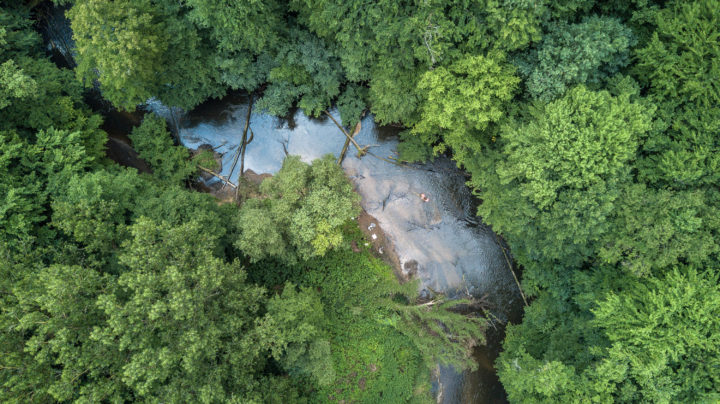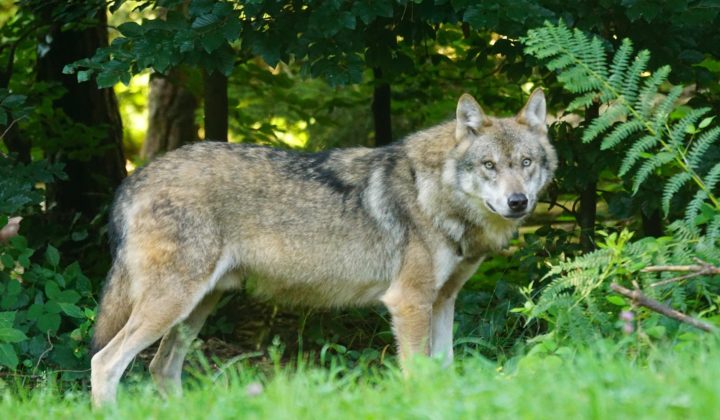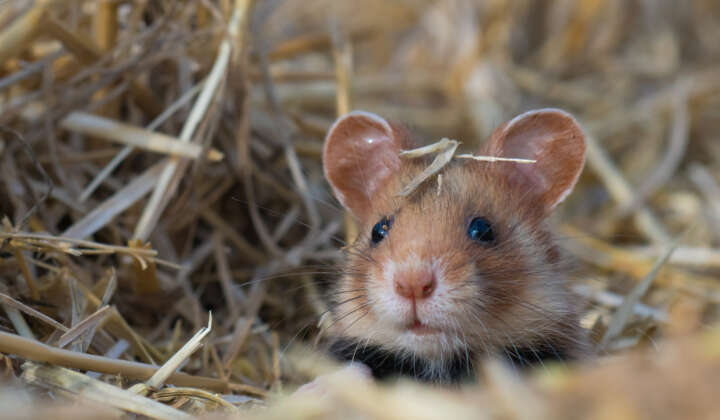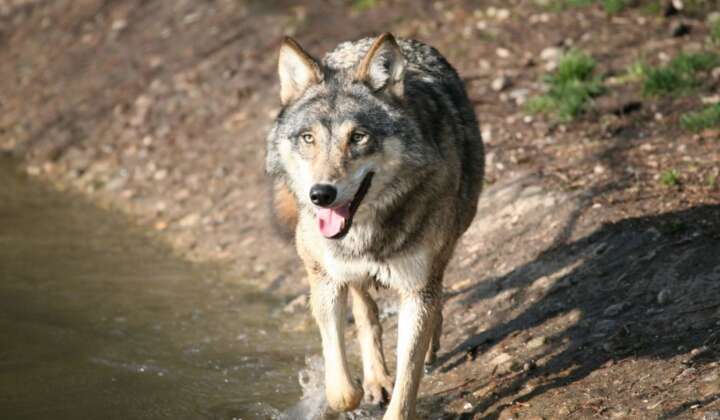Date use
The Center for Wildlife Genetics is part of the Senckenberg – Leibniz Institution for Biodiversity and Earth System Research. According to § 2 of the statutes of the Senckenberg – Leibniz Institution for Biodiversity and Earth System Research, its mission is to conduct natural history research and to make the results of this research available to the general public through publication, through teaching and through its natural history museums. Therefore, we reserve the right to scientifically exploit data that we collect in connection with your samples in the form of lectures and publications. Exceptions to this rule are to be discussed in advance. By placing an order, you agree to the scientific use of data.
Scope of analysis
We receive over 4000 samples annually from about 100 different clients and cooperation partners. Of these, approx. 95% are non-invasively collected samples with critical DNA content, such as faeces or kill swabs. In order to achieve high success rates and well-validated results, each sample is treated carefully and individually. It is not uncommon for a case to be investigated with a single sample to represent a small research project of its own, in which different analytical methods are used, often commissioned one after the other. Population genetic analyses are also sometimes very complex and computationally expensive, especially when several hundred reference samples are included in the evaluations. Such analyses do not represent standardised routine examinations, such as those offered in disease diagnostics.
How reliable are my results?
The methods we use have been used for years by laboratories worldwide for species identification, hybridisation detection and population assignment. We have an extensive reference database of European wild animals, which contains >10,000 individual genotypes of wild cats, wolves and other wild animals and is continuously being expanded. This, together with our experience from more than 30,000 wild animal samples, guarantees a high reliability of the results. Nevertheless, it should be noted that on non-invasive or forensic sample material, mostly taken from the environment, uncertainties can arise with regard to the interpretation of the results and also deviations between examined replicates within the same or between different laboratories are possible. This is caused, among other things, by very small and heterogeneously distributed amounts of DNA in the samples or by contamination with foreign DNA and is normal for environmental samples.
Is the analysis of sent-in samples guaranteed?
As a reference center for genetic investigations of wolves and lynx, we guarantee the processing of wolf and lynx samples sent to us by the official authorities on the basis of the conditions mentioned above. Wolf and lynx samples from third parties, however, cannot be accepted for analysis. In this case, please contact the competent authorities in your federal state. The analysis of samples from other species is a voluntary offer and requires prior agreement. An order is then placed via our wildlife genetics database. This requires the creation of a password-protected user account.





